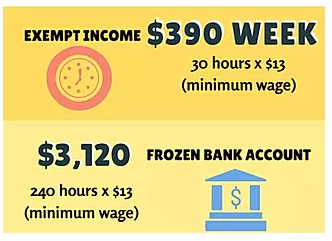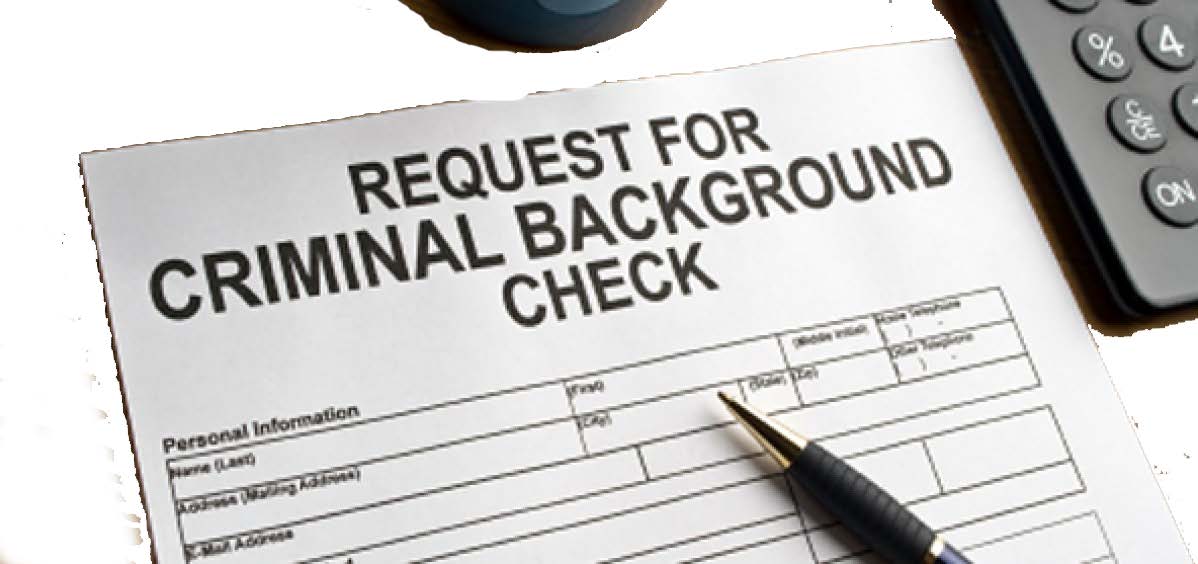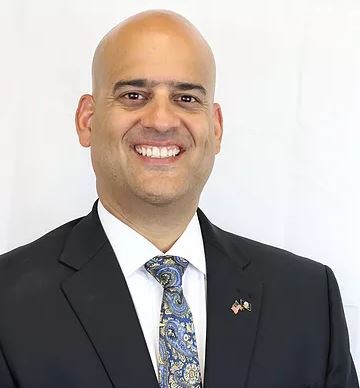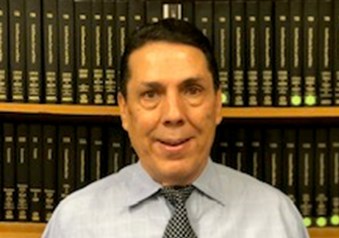
2020 Wage Garnishment Protections
March 1, 2020
Public Charge Rules Take Effect
March 1, 2020
Criminal records may make it difficult or impossible for people to find employment. Criminal records are reported in a person’s “RAP sheet,” short for “Report of Arrest and Prosecution.” So, reviewing a RAP sheet and correcting any errors is an important step in helping a client find work or advance professionally. Breaking Barriers, a collaboration between the NSLS Re-Entry Pro-ject, the Legal Aid Society of Suffolk County, and Touro Law School, helps clients retrieve, review and correct RAP sheets.An “unsuppressed” version of the RAP sheet includes all violations or criminal charges made against a person after age 16. Employers generally only have access to “suppressed” versions of the RAP sheet. The suppressed version excludes sealed items. However, approximately 30% of New York RAP sheets include at least one mistake. This can include improperly reporting dismissed or sealed charges.New Yorkers who receive public benefits, including SNAP, SSI or Medicaid, or meet federal poverty guidelines are eligible for free copies of unsuppressed RAP sheets. Those who do not qualify may order their RAP sheets from a state sponsored vendor such as Identogo.Breaking Barriers also helps Long Islanders with criminal histories overcome obstacles to employment through Certificates of Good Conduct and Certificates of Relief from Disabilities. While New York does not allow expungement of a criminal record (with limited exceptions for marijuana convictions), these certificates allow people with dated criminal histories obtain educational degrees or professional licenses. New York has over 100 educational licenses, including everything from barbers and commercial drivers to x-ray technicians and real estate agents. A Certificate may also be necessary to qualify for a civil servant position.A Certificate of Relief from Disabilities allows a person with no more than ONE felony conviction or an unlimited number of misdemeanor convictions to obtain a New York educational license, as long as they were not sentenced to “upstate” prison time. The client must file a one-page application for the certificate in each court of conviction. Once filed, the probation department from that jurisdiction will contact the client for an interview. The decision to issue the certificate is ultimately in the discretion of the court of conviction.Clients with more serious criminal histories and those applying for positions in public office (including NYC police or firefighters) need to apply for a Certificate of Good Conduct. The application and review process for this certificate is considerably more involved. It includes a longer ap-plication, a homestudy, and an evaluation of employment, cohabitation and residential history. Any omissions in the application may result in new criminal charges. There is also a waiting period of three to five years from the most recent conviction.Contact the NSLS Re-Entry Project or Breaking Barriers for more information or assistance! Breaking Barriers website is http://sclas.org/breaking-barriers/.




